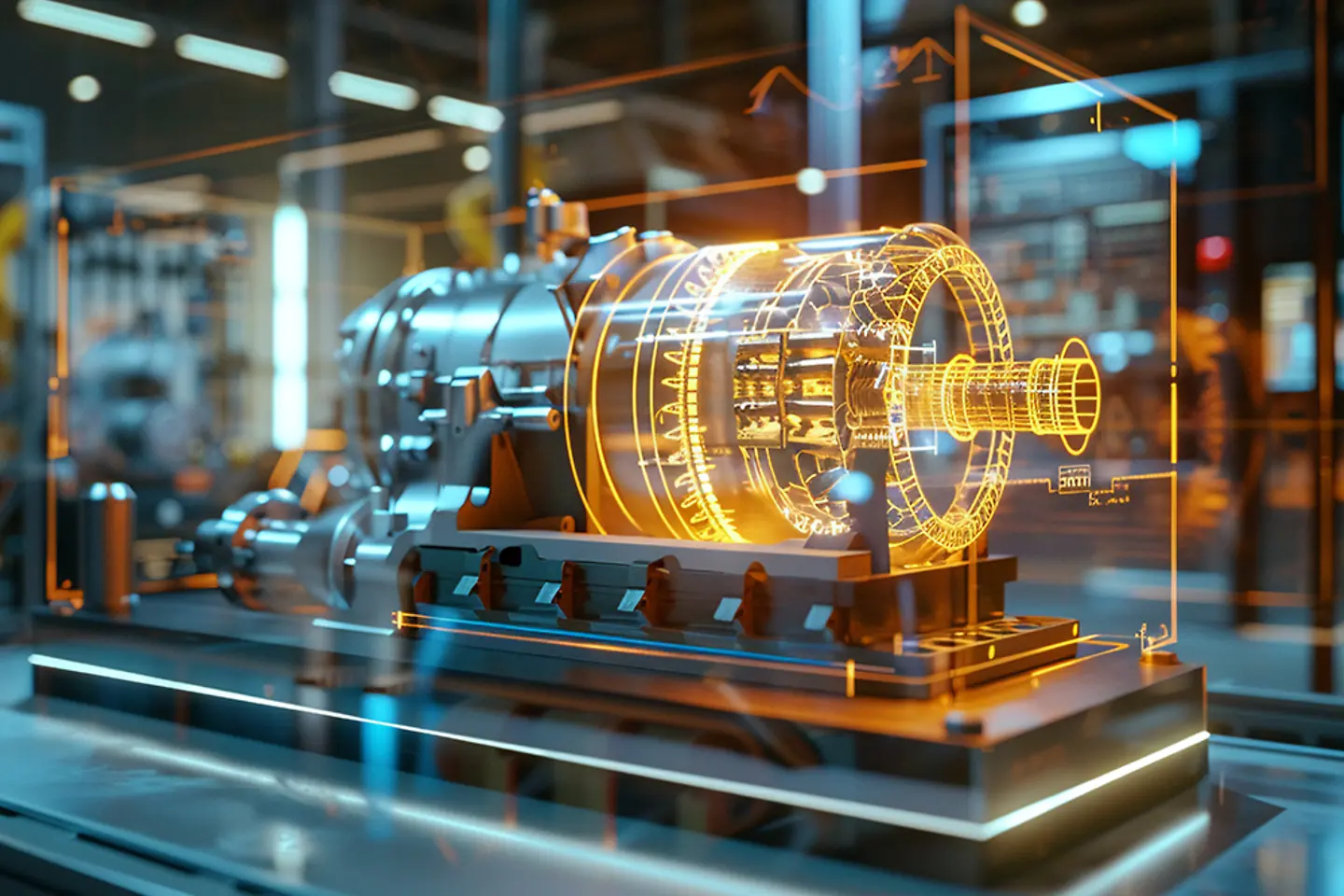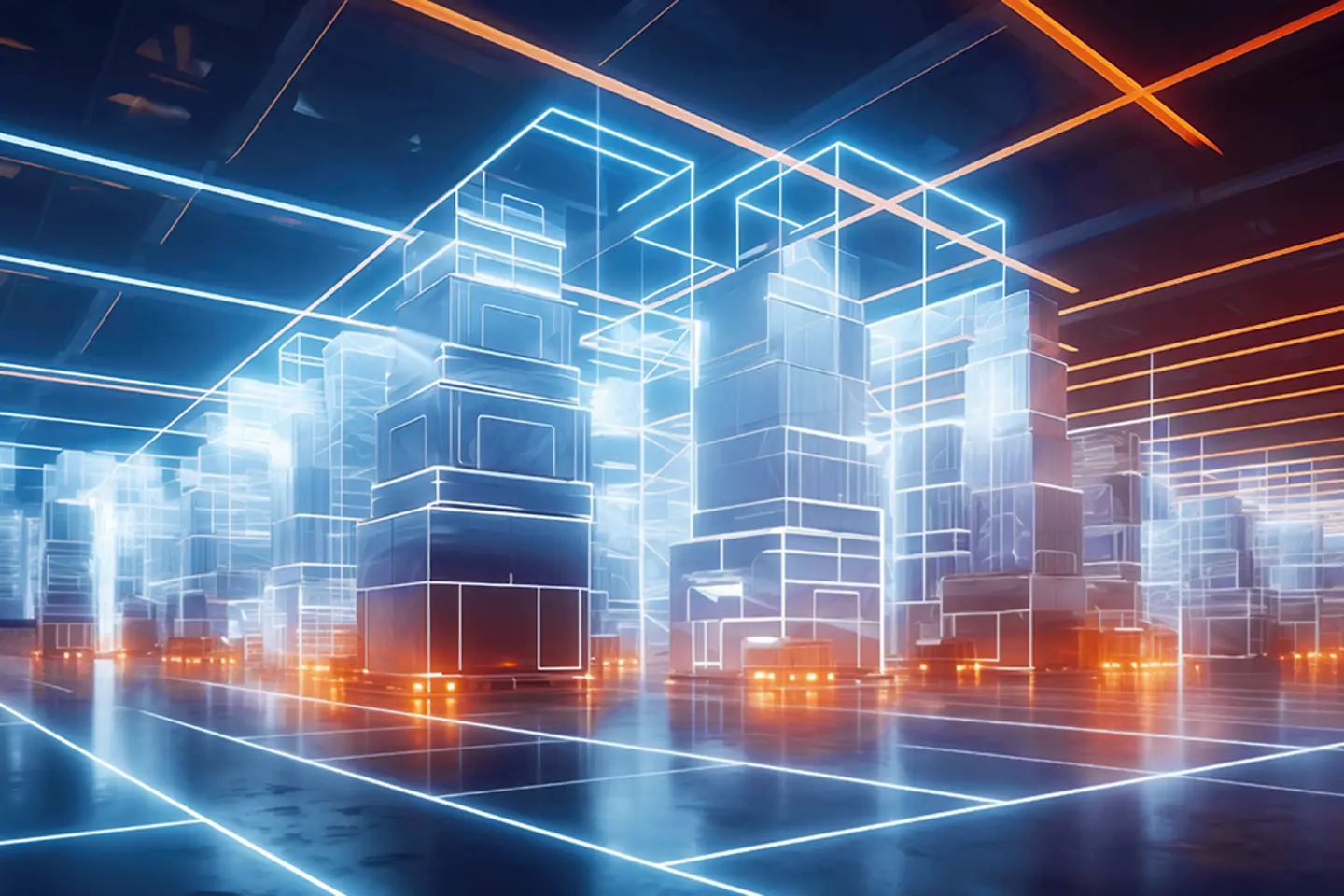
The dream of creating virtual worlds of reality is not new. Developers have succeeded in generating fascinating games and movies. However, digital images of the physical world have yet to achieve the level of detail and interaction required in an industrial context, until now. Creating a perfect digital copy of reality is no longer a utopia.

The development of virtual worlds must meet industry standards for quality and user experience. It involves creating highly realistic digital images and enabling real-time processes and interactions. These advances are crucial for the emergence of the metaverse, which goes beyond enhancing user experiences and offers long-term benefits such as cost savings, revenue increases, CO2 emission reductions, and operational efficiency improvements.
In Industrial companies, the metaverse can link various business domains like engineering, production, and sales/after-sales, offering significant efficiency gains by optimizing processes and faster time-to-market for products. In addition, accurate planning and simulations can reduce costs that often result from planning errors. This is possible as the metaverse is based on real-time synchronization of own data from IoT sensors, PLM, ERP, and more systems all integrated into one platform.
Many companies have embarked on digitalization journeys, developing digital twins as part of Industry 4.0 initiatives. These digital twins can now serve as a foundation for entering the metaverse.
Platforms like the NVIDIA Omniverse, combined with mature supporting technologies, offer a robust and future-proof starting point for manufacturing enterprises to enter the metaverse. A digital ecosystem is created in the process, representing various digital twins in context. This ecosystem adds value, including co-creation options, faster product development iterations, and improved collaboration with customers and partners.
Some practical examples: When planning a factory, engineers, designers, and customers can collaborate in a virtual environment, planning the facility and running simulations to identify and resolve potential issues before construction begins – instead of sending designs back and forth. Companies can simulate autonomous driving in the automotive sector to test new car models under various conditions. Car dealers can also create virtual showrooms where customers can view cars in 3D and even take virtual test drives before making a purchase decision.
The Industrial Metaverse is not a single technology but a concept involving the convergence of multiple technologies. Key components include powerful platforms, infrastructure (edge and cloud computing), artificial intelligence, digital twins, data analytics, 5G, augmented/virtual reality, and potentially blockchain. In perspective, the metaverse will become a comprehensive image of the enterprise, acting as a central hub for all systems, processes, and data. However, the metaverse is not an out-of-the-box solution – realizing use cases in the metaverse requires extensive, customer-specific preparatory work.
This is a crucial point that is often overlooked. The Industrial Metaverse must be embedded into a pre-defined business context. Are you looking to simulate work processes in building a new factory or explore customer experience scenarios at a train station?

As we approach this digital revolution, the Industrial Metaverse’s implications are profound. Analysts predict exponential growth in the metaverse technologies market. PwC estimates a global market volume of 855 billion euros by 2028, while McKinsey forecasts an addressable market of 5 trillion euros by 2030.
The Industrial Metaverse offers a transformative tool for manufacturing companies to enhance productivity, innovation, and customer satisfaction. Investing in the Industrial Metaverse enables businesses to stay ahead of the curve, seamlessly integrating the digital and physical worlds.
It is more than a technological advancement; it is a strategic imperative for thriving in the digital age. By harnessing the power of this immersive, data-driven environment, companies can unlock new levels of efficiency, innovation, and customer engagement. The future of the industry is here, and it is digital. Embrace the Industrial Metaverse and lead your business into a new era of possibility and growth.
Download our inspirational whitepaper, produced in collaboration with NVIDIA, for free here. Learn more about Industrial Metaverse, how it works, and the benefits it can provide your organization.